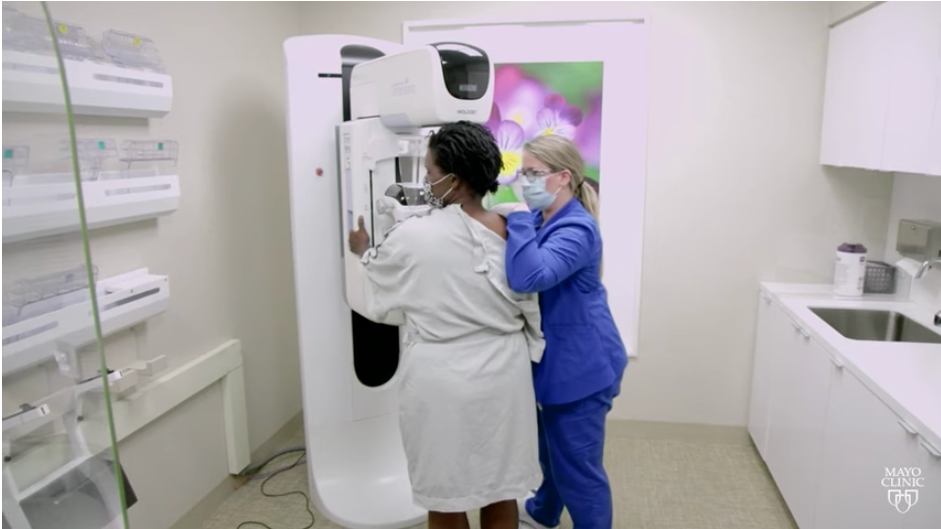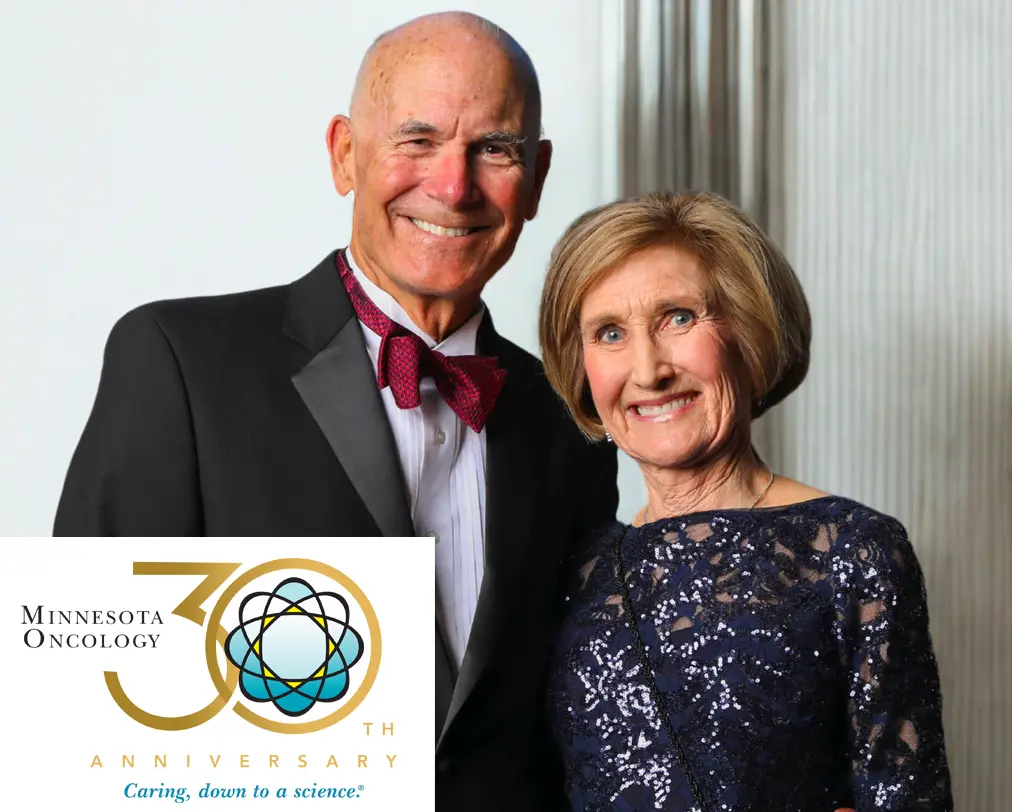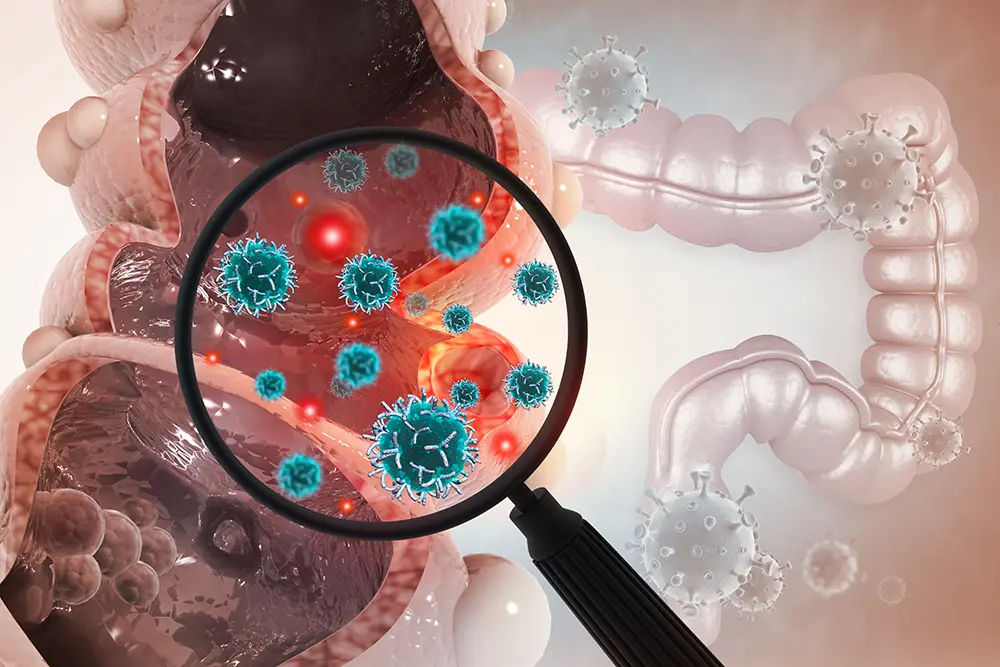This content is courtesy of Mayo Clinic, the No. 1 hospital in the nation according to U.S. News & World Report. Minnesota Oncology is a member of the Mayo Clinic Care Network. This relationship provides us with access to information, knowledge and expertise from Mayo Clinic.
Cancer has not rested during the COVID-19 pandemic, as is evident by the number of people diagnosed with cancer since 2020. Research published by the National Institutes of Health suggests that delayed screening during the pandemic has led to thousands of deaths and made cancers more difficult to treat when they are discovered.
The COVID-19 pandemic has changed access to health care worldwide, and these changes may have long-term consequences for those diagnosed with cancer.
"Screening for cancer had been put off, leading to patients getting diagnosed at later stages and not having the same outcomes as we would expect for those cancers," says Dr. Sikander Ailawadhi, a Mayo Clinic hematologist and oncologist.
Dr. Ailawadhi says patients who have cancer and are undergoing treatment need to have a care plan in place related to COVID-19.
"If these patients who have a compromised immune system do get COVID-19 infection, they're more likely to have a more severe disease from COVID-19," says Dr. Ailawadhi.
A COVID-19 infection also can disrupt treatment and further impact outcomes. But Dr. Ailawadhi says what has improved during the pandemic is telemedicine and the ability to connect with patients remotely.
"That has provided another opportunity to patients to access health care while not getting exposed to a lot of risk ― and in some cases access to experts who they may not have access to in person," says Dr. Ailawadhi.




